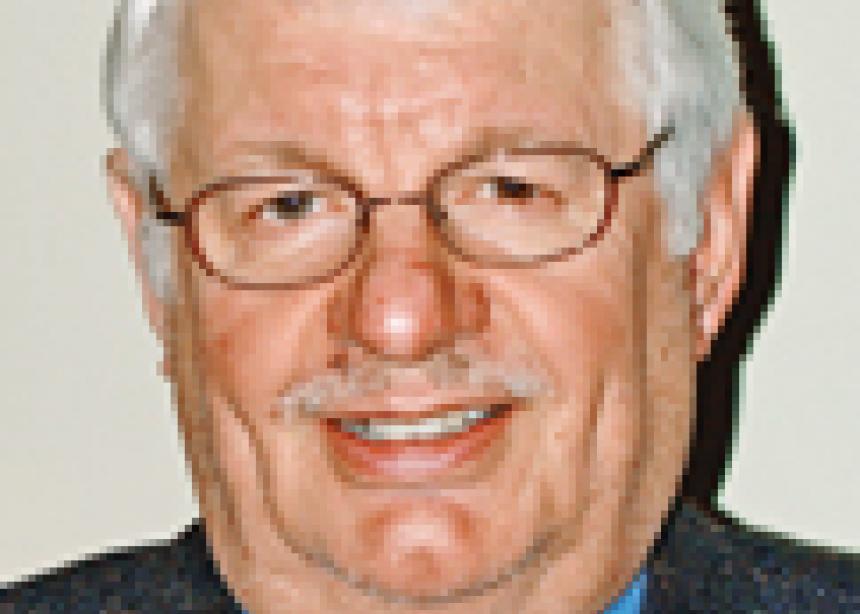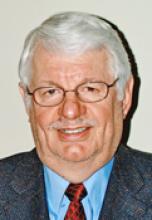“Why do the nations so furiously rage together, and why do the people imagine a vain thing? The kings of the earth rise up, and the rulers take counsel together against the Lord, and against his anointed” (Psalms 2:1-2; Acts 4:25-26)
This famous biblical text set to music in Handel’s Messiah is my favourite epiphany for the Advent season. So much so that my legacy with the family will be that they were awakened every Christmas morning to the dynamic voice of baritone William Warfield belting out this bass aria to the strings of the Philadelphia Orchestra and the trained voices of the Mormon Tabernacle Choir.
And why not? This timeless narrative applies to us today just as much or more than back in 1741. Not much has really changed, has it, in the 269 years since George Frederic Handel, deeply depressed with his own life, nearing bankruptcy of his opera company and meeting all kinds of opposition in the established churches and from the political order of his time, set this story of redemption to music?
According to one biographer, Handel had just four years earlier suffered outrage for his attempts at putting a biblical story, Esther, into an oratorio. A Bible story was being told by “common mummers,” and even worse, the words of God were being spoken in the theatre!
“In 1739 ads for Handel’s Israel in Egypt were torn down by devout Christians, who also disrupted its performances,” writes the biographer. “All of this angered the devoutly Lutheran Handel. As his friend Sir John Hawkins commented, ‘Throughout his life, [he] manifested a deep sense of religion. In conversation he would frequently declare the pleasure he felt in setting the Scriptures to music, and how contemplating the many sublime passages in the Psalms had contributed to his edification.’”
It was Handel’s friend, Charles Jennens, and a request by a Dublin charity to compose a work that would raise money to help free men from debtor’s prison, that brought Handel out of his deep despair. Jennens, a poet, was a devout Anglican who had written a libretto about the life of Christ and the work of redemption, with the text completely taken from the Bible. A fussy perfectionist, Jennens had written it to challenge the deists who denied the divinity of Jesus. Would Handel compose the music for it? he asked.
Handel agreed and, like a man obsessed, finished the piece in 24 days—an immense physical feat. He rarely left his room and rarely touched his meals. When he finished composing what would become known as the “Hallelujah Chorus,” he said, “I did think I did see all heaven before me, and the great God himself.”
It is hard to imagine how many thousands of people have been led figuratively to the heavenly gates in these intervening years. For many of us, this has become the centrepiece of this celebrative season, the ubiquitous sound and rhythm that permeate commercial venues and sanctuaries alike, the theme songs that garnish our gatherings and lift our spirits. We open and close the season with it like a dear friend coming to visit and then departing.
And why shouldn’t we? In the daily grind of our lives, where headlines scream of endless warfare, crime and punishment, political infighting and religious extremism, we, with the prophet Isaiah, want to cry out in King James anguish: Comfort ye, comfort ye, my people. Prepare ye the way. Every valley shall be exalted, then the glory, the glory of the Lord shall be revealed. Behold your God!
This is also the waiting we do at the beginning of every Advent—waiting on a God whom we know agonizes with us over the violence and destruction in a world waiting to be redeemed, waiting in a world where so much ugliness and injustice seems to prevail, looking for the “glory that shall be revealed.”
Is there really hope, or are we disillusioned to think there will be a better tomorrow? Nothing seems to have changed since Jennens churned out those at once anxious and hopeful words for which Handel composed the music. Yes, there is—a resounding yes—and we rise again, like King George II rose at the premiere performance in London, as myth has it, to the words: “And He shall reign forever and forever, King of kings and Lord of lords, forever and ever, forever and ever!” Amen.



Add new comment
Canadian Mennonite invites comments and encourages constructive discussion about our content. Actual full names (first and last) are required. Comments are moderated and may be edited. They will not appear online until approved and will be posted during business hours. Some comments may be reproduced in print.